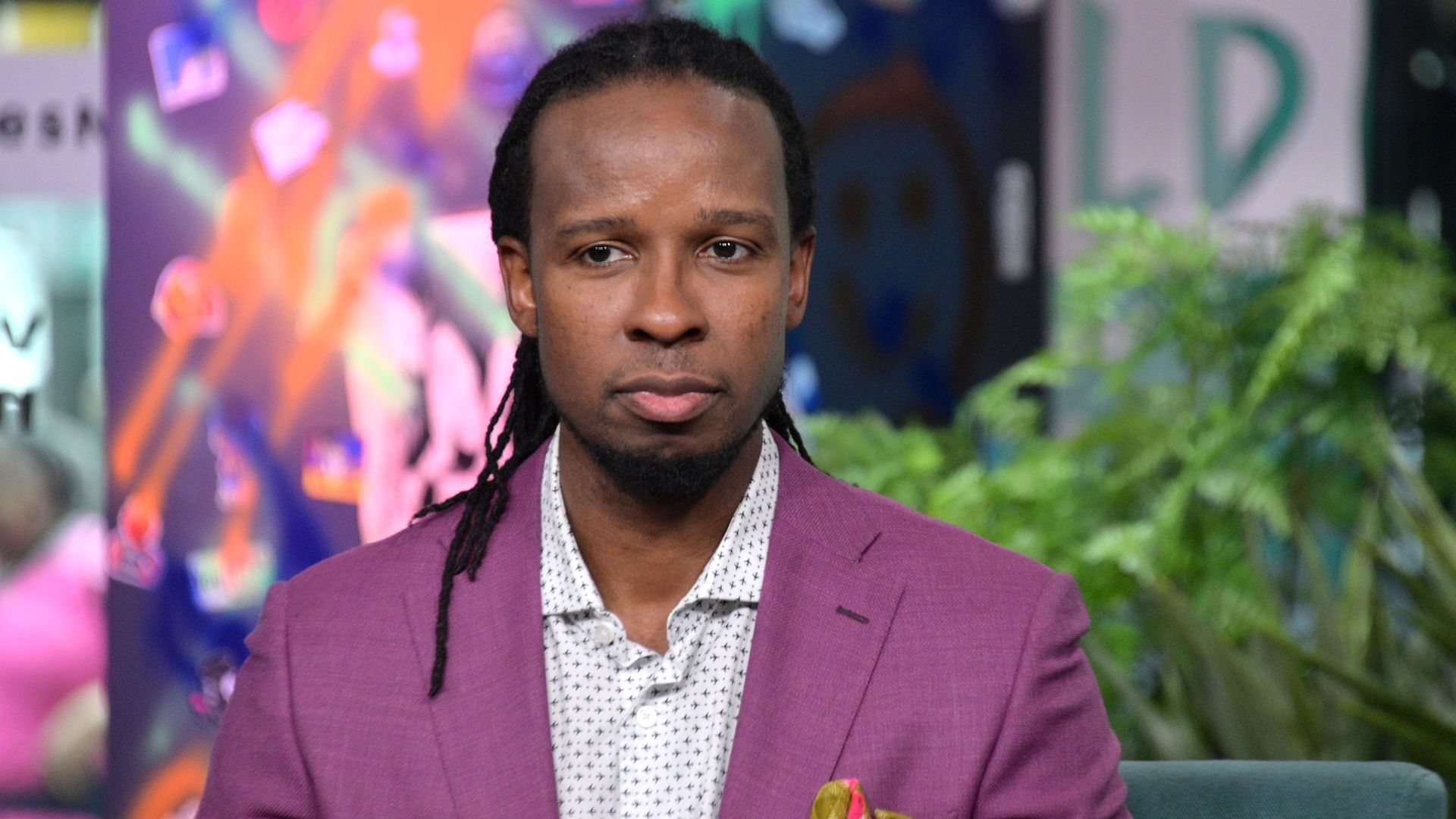BU closes antiracist research center as founding director leaves

Ibram X. Kendi Photo: Michael Loccisano/Getty Images
“Boston University is closing its Center for Antiracist Research as its founding director, scholar Ibram X. Kendi, leaves for another job.
Why it matters: BU's decision, which comes amid a federal backlash against programs related to diversity, equity and inclusion, may spell the end for several initiatives that came out of the center.
Driving the news: Kendi is joining Howard University as the director of its new Institute for Advanced Study, the university announced Thursday.
- The institute will explore the importance of the African diaspora across the world, including its connections to race, racism, technology, climate change and inequities.
- Kendi is taking The Emancipator, the center's online digital publication, to Howard with him.
- BU announced the center's closure, saying the remaining 12 employees will remain on staff until June 30, when the center's charter expires.
What they're saying: "I am departing for an opportunity I could not pass up, but what connected us at CAR remains, especially during this precarious time," Kendi wrote in a statement, per the university-run publication BU Today.
- "Our commitment to building an equitable and just society."
Flashback: Kendi, known for his book, "How To Be An Anti-Racist," joined BU to open the center in 2020.
- The venture launched after the murder of George Floyd by Minneapolis police officers and protests over his death and other killings involving law enforcement.
- The center launched the present-day Emancipator as a nod to the 19th-century abolitionist newspaper, as well as a COVID Racial Data Tracker to outline the pandemic's disproportionate effects on Black people.
Kendi and the center faced criticism in 2023 after he announced layoffs for 19 employees, which he called part of a new strategy to keep the center sustainable long-term.
- BU Today cited "shifting" public support and waning contributions as the reason.
- Kendi told Axios at the time the layoffs "devastated" him.“




